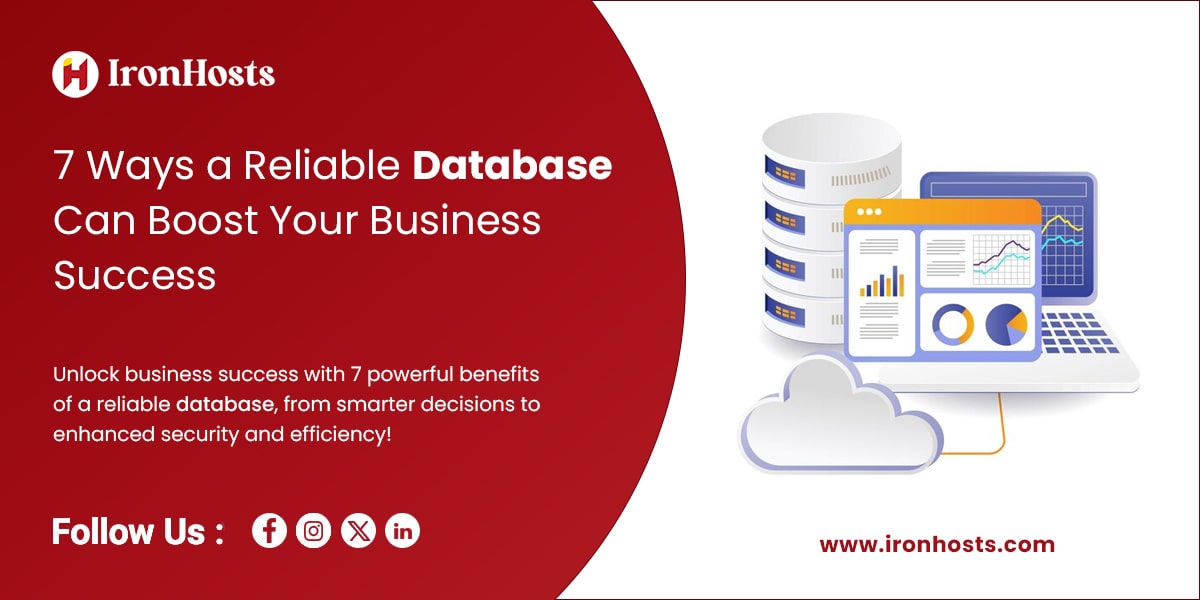5. Data Security and Compliance
Protecting Sensitive Information
In an era of increasing cyber threats, data security is non-negotiable. Reliable data offers advanced encryption, role-based access controls, and automatic backups to safeguard sensitive information.
Meeting Regulatory Standards
Compliance with regulations like GDPR, HIPAA, or PCI DSS is essential. Good data ensures your data practices align with these standards, avoiding hefty penalties.
6. Scalability for Future Growth
Adapting to Growing Needs
As your business expands, so does your data. A reliable database scales effortlessly, accommodating increased workloads without sacrificing performance.
Supporting Expansion
Planning to enter new markets or launch new services? A scalable database infrastructure is a critical component of smooth business growth.
7. Cost Efficiency and ROI
Reducing Errors and Manual Processes
Mistakes in data entry or processing can cost your business dearly. By automating these tasks, data minimizes errors and reduces operational costs.
Maximizing Resources
With better data management, businesses can allocate resources more effectively, maximizing returns on investment (ROI) over time.
Conclusion
A reliable database isn’t just a tool; it’s a strategic asset that fuels business success. From improving operational efficiency to strengthening customer relationships and ensuring security, the advantages are undeniable. If you haven’t yet prioritized investing in a reliable database, now is the time. With the right system in place, your business is set to thrive in today’s data-driven landscape.
FAQs
1. What is reliable data, and why is it important?
Reliable data is a system designed for consistent performance, accurate data handling, robust security, and scalability. It’s essential because it ensures your business can store, manage, and analyze data efficiently, driving better decision-making and operational success.
2. How does data enhance decision-making?
Data provides real-time insights and analytics, enabling businesses to identify trends, forecast outcomes, and make data-driven decisions with confidence.
3. Can small businesses benefit from a reliable database?
Absolutely! Small businesses can use data to streamline operations, automate tasks, improve customer relationships, and manage data securely, making it a valuable tool regardless of business size.
4. What role does data play in improving customer relationships?
Data stores detailed customer information, including preferences and purchase history. This helps businesses personalize interactions, deliver targeted services, and build stronger relationships with their customers.
5. How does reliable data ensure data security?
Reliable data incorporates advanced security features such as encryption, access controls, regular backups, and compliance with data protection regulations, safeguarding sensitive business and customer information.

